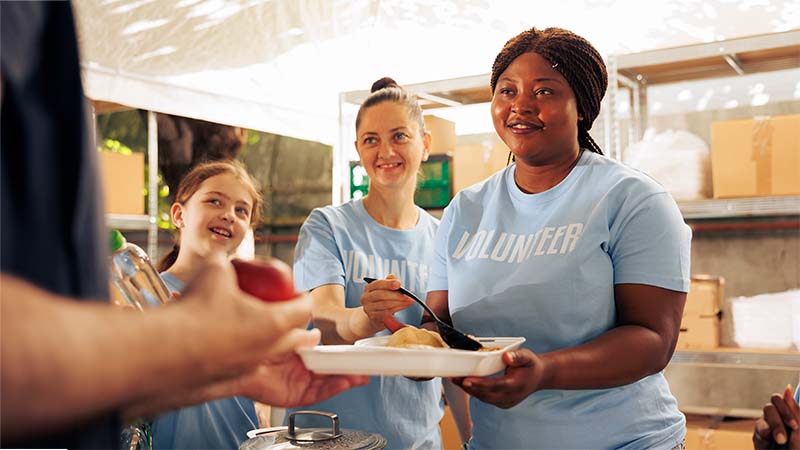Meal planning at summer camps plays a critical role in ensuring the health and energy of campers. With days filled with physical activities and learning, it’s essential to provide nutritious and appealing meals that cater to the needs of growing children. This task, however, presents unique challenges: balancing dietary needs, preferences, and the excitement that comes with camp life.
Healthy and innovative meal planning can significantly enhance the camping experience. It involves not just the selection of food but also considering the overall dietary balance, the inclusion of fun and diverse options, and addressing special dietary needs. Thoughtfully planned meals can boost campers’ energy, improve concentration, and contribute to their overall wellbeing, making their camp experience more enjoyable and beneficial.
Understanding Nutritional Needs
When planning meals for summer camp, it’s vital to understand the nutritional needs of active children. Campers spend a significant portion of their day engaged in physical activities, which increases their need for energy-dense and nutritious foods. Key aspects to consider include:
- Balanced Diet: Meals should be balanced with the right proportions of carbohydrates, proteins, and fats, providing sustained energy throughout the day.
- Hydration: Ensuring ample fluid intake, especially water, is crucial for staying hydrated during active days.
- Variety of Nutrients: Incorporating a variety of fruits, vegetables, whole grains, and lean proteins to ensure campers receive all necessary vitamins and minerals.

This understanding of nutritional needs is the foundation for creating meal plans that are both healthful and energizing, catering to the demands of an active camp lifestyle.
Menu Planning Strategies
Creating a diverse and balanced menu for campers is both an art and a science. Here are some strategies to ensure meals are nutritious, appealing, and inclusive:
- Diverse Options: Incorporate a variety of cuisines and flavors to cater to different tastes and expose campers to new foods.
- Balanced Meals: Ensure each meal includes a good balance of carbohydrates, proteins, and fats, along with fruits and vegetables.
- Special Diets: Plan for common dietary restrictions and allergies, offering alternatives to ensure every camper has nutritious options.
- Involve Campers: Getting input from campers on their favorite meals or foods they’d like to try can make mealtime more exciting.
These strategies aim to make meals at camp not just a time to eat, but also an enjoyable and integral part of the camp experience.
Fun with Food: Engaging Campers in Meal Prep
Involving campers in meal preparation is an excellent way to make food more engaging and educational. This hands-on approach can:
- Teach Basic Cooking Skills: Campers learn fundamental cooking techniques, food safety, and kitchen hygiene.
- Foster a Connection with Food: By participating in cooking, campers develop a deeper appreciation for their meals and the effort involved in preparation.
- Encourage Healthy Eating: Kids are more likely to try new foods they’ve helped prepare, broadening their dietary preferences.

These activities not only make mealtime fun but also equip campers with practical skills and a better understanding of nutrition.
Sustainable and Local Sourcing
Emphasizing sustainable and local sourcing in camp meal planning offers numerous benefits:
- Environmental Impact: Using locally sourced foods reduces the carbon footprint associated with transportation of goods.
- Freshness and Quality: Local produce is often fresher, leading to tastier and more nutritious meals.
- Supporting Local Communities: Buying from local farmers and suppliers helps support the local economy.
Incorporating these practices not only improves the quality of camp cuisine but also instills values of environmental stewardship and community support in campers.
Innovative and healthy meal planning is a cornerstone of a successful summer camp experience. It not only fuels the physical activities of campers but also plays a crucial role in their overall health and enjoyment. By focusing on nutritional needs, offering diverse and balanced menus, involving campers in meal preparation, and sourcing ingredients sustainably and locally, camps can significantly enhance the quality of their cuisine. These efforts not only contribute to the immediate well-being of campers but also teach them valuable lessons about healthy eating and environmental responsibility, impacting their choices long after camp ends.
